If history were taught in the form of stories, it would never be forgotten
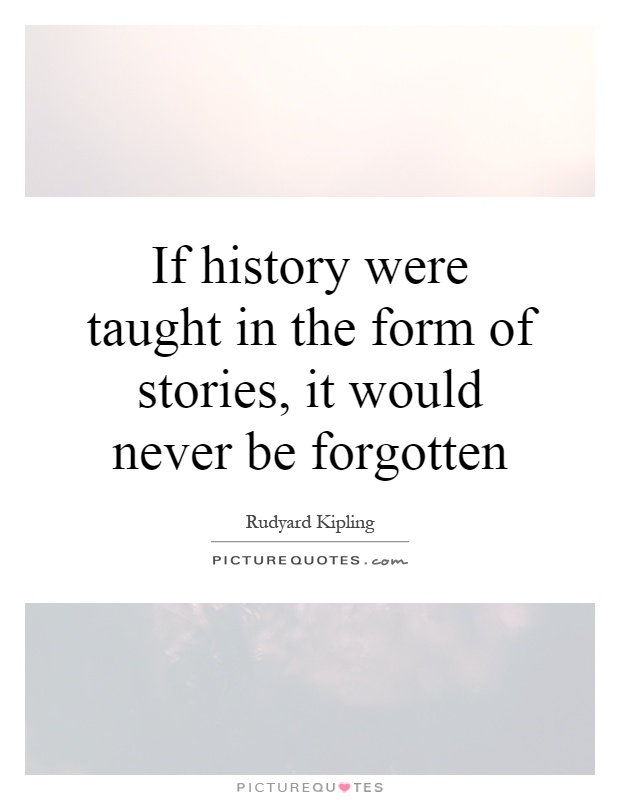
If history were taught in the form of stories, it would never be forgotten
Rudyard Kipling, the renowned British author and poet, was a master storyteller who understood the power of narrative in preserving history. His works, such as "The Jungle Book" and "Kim," are not only entertaining tales but also serve as windows into the past, offering insights into the cultures, customs, and conflicts of the time in which they were set.Kipling believed that history could be best understood and remembered through storytelling. By weaving together characters, settings, and events in a compelling narrative, he was able to bring the past to life in a way that resonated with readers of all ages. Through his stories, Kipling was able to capture the essence of different time periods and societies, allowing readers to experience history in a more personal and engaging way.
One of Kipling's most famous works, "The Jungle Book," is a prime example of how storytelling can be used to teach history. Set in the jungles of India, the book follows the adventures of Mowgli, a young boy raised by wolves, as he navigates the dangers and wonders of the natural world. Through Mowgli's encounters with various animals and characters, Kipling is able to explore themes of colonialism, identity, and the clash between civilization and the wild.
Similarly, in "Kim," Kipling tells the story of a young orphan boy who becomes embroiled in the Great Game, a political and espionage rivalry between Britain and Russia in 19th-century India. Through Kim's journey across the Indian subcontinent, Kipling provides a vivid portrayal of the diverse cultures and landscapes of the region, while also delving into the complexities of imperialism and nationalism.

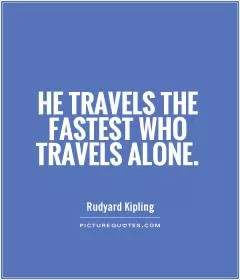
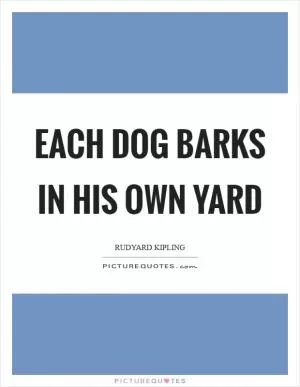

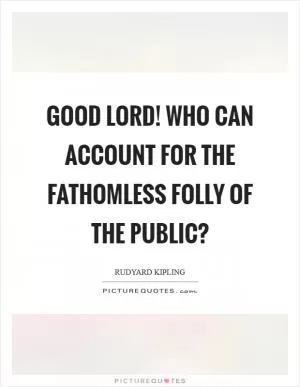
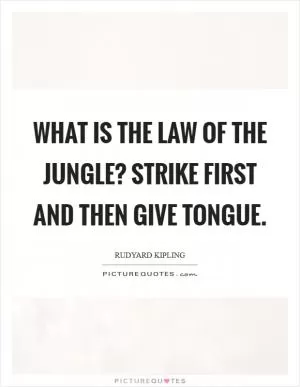
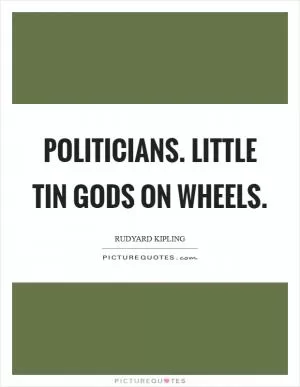

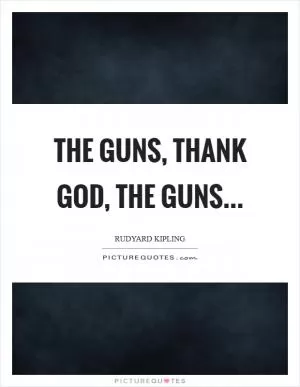
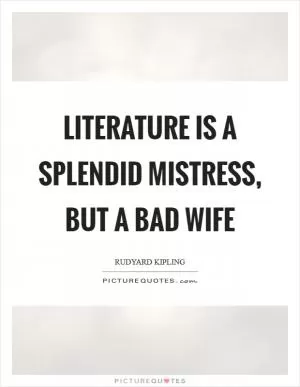
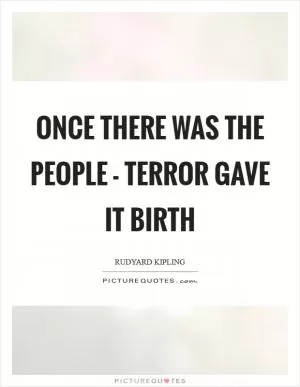
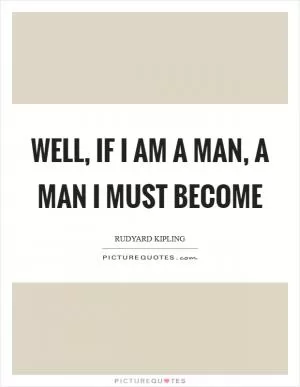
 Friendship Quotes
Friendship Quotes Love Quotes
Love Quotes Life Quotes
Life Quotes Funny Quotes
Funny Quotes Motivational Quotes
Motivational Quotes Inspirational Quotes
Inspirational Quotes